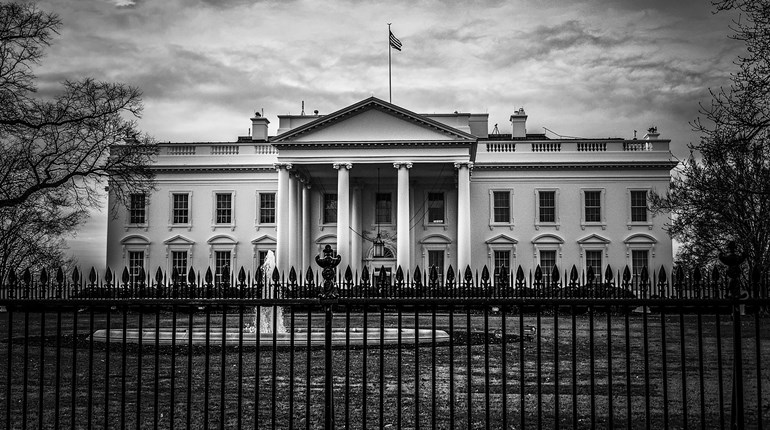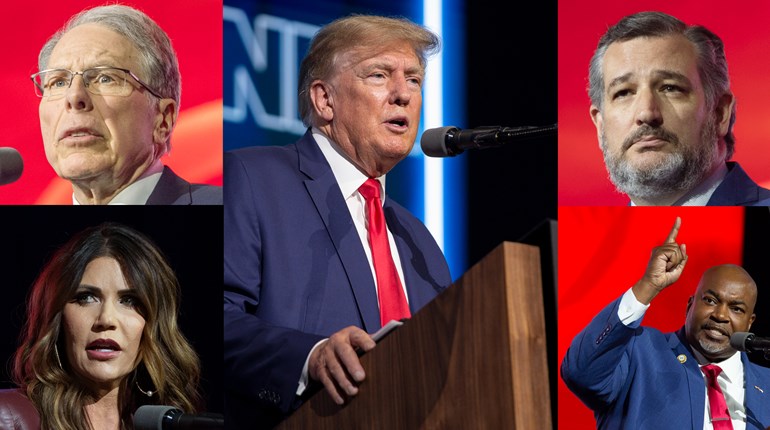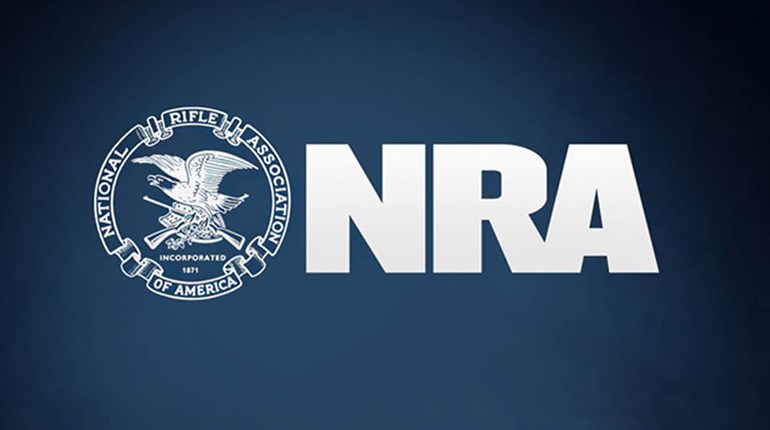
Recently, I wrote about President Trump’s historic Export Reform initiative, which promises to rescue gun owners and firearm-related businesses from a tangle of confusing and unnecessary federal regulations. This regulatory minefield not only suppressed the competitiveness of American gun companies abroad, but laid traps for unwary gun owners and small businesses that have nothing to do with firearm exports. Now, however, Export Reform is under attack by politically motivated state officials, who are hoping to find judges willing to help them usurp the president’s authority over foreign affairs.
To recap, the U.S. State and Commerce departments issued final rulemakings in January to modernize regulation of firearm and ammunition exports. Among other things, the rules establish that non-exporting firearm-related businesses—including gunsmiths—will no longer have to pay a $2,250 annual registration fee to the State Department. They also ensure Americans can publish technical information about firearms and ammunition on the Internet without accidentally triggering felony penalties for “exporting” so-called “technical data.” And they protect Americans traveling overseas with personally owned firearms from having to register their guns in a complicated government database designed for commercial exporters.
The point of Export Reform is to allocate export-control resources most efficiently among different types of goods. Significant military technology will remain subject to the jurisdiction of the State Department, which is steeped in the details of foreign affairs. Firearms and ammunition commonly available at sporting goods stores, meanwhile, will become subject to the control of the U.S. Department of Commerce, which promotes U.S. business, as well as security.
Gun-control advocates were, of course, enraged. In their minds, anything that is good for firearm-related commerce or gun ownership must be bad. Therefore, they have sought to portray the rulemakings as a reckless deregulation of the firearms industry.
These accusations are false. America’s export regime for firearms and ammunition under the new rules will remain among the most stringent, well-organized and carefully administered in the world. Shipments of firearms and ammunition to overseas customers will still be subject to thorough licensing and vetting procedures—not to mention the laws of the destination countries.
That did not stop the Democrat attorneys general of 20 states, as well as of the District of Columbia, from suing the Trump administration to block the rules. But this begs the question, what standing does a state attorney general have to challenge how the U.S. government administers exports to foreign countries?
The plaintiffs hope to overcome this obvious hurdle by pointing to the rulemakings’ supposed domestic effects. In particular, they allege that differences in how the State and Commerce departments regulate online posting of technical information will allow for the proliferation of so-called 3D-printed firearms throughout the United States, which they claim will enable violations of state gun-control laws.
But the Commerce Department rule specifically addresses the concern about 3D-printing files with a provision requiring preauthorization for the online publication of computer codes that are configured to interface with equipment that can use the code to produce a firearm, or firearm frame or receiver.
A bigger problem with the lawsuit is that it seeks to put state officials and federal judges (rather than the president) in charge of international exports. States can enact and enforce their own gun-control laws. Yet, they can’t demand that the White House exercise its foreign affairs power to enforce their gun-control laws for them in whatever way they wish.
The majority of the new rules went into effect on March 9, and the court ruled that only the transfer of 3D-printing technology must remain at the State Department, this ruling occurred despite the fact that the Administration specifically amended the rule for Commerce to deal with concerns over 3D-printing technology.
Legal challenges like the one brought by the attorneys general in this case rely on a judiciary willing to bend the rules to support those in favor of gun control.
President Trump, however, has made the integrity and professionalism of the U.S. judiciary a priority of his administration. The hallmark of his judicial appointments is fidelity to the plain meaning of the laws and the U.S. Constitution. To date, he has seated more appellate judges than any of his predecessors by the same point in their presidencies.
The long-term significance of this accomplishment cannot be overstated. President Trump’s enemies are suing to block the agenda that America elected him to accomplish. But Trump is building a firewall against rampant judicial activism—a legacy that will last for generations.


































